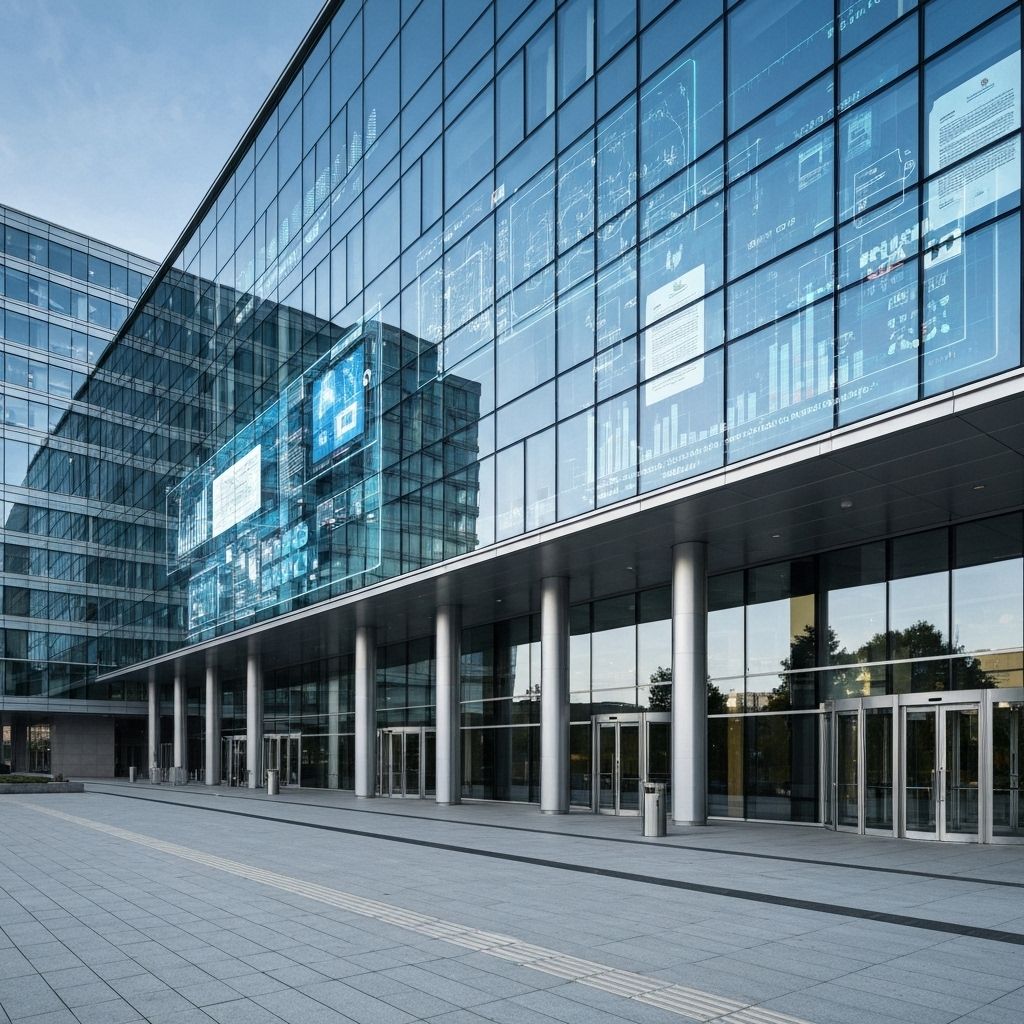
Legal & Tech News
Published on March 1, 2025
The intersection of law and technology continues to reshape how we approach justice, privacy, and digital rights in the modern era.
Understanding Modern Legal Frameworks
As technology evolves at an unprecedented pace, legal systems worldwide are adapting to address new challenges. From artificial intelligence regulations to cryptocurrency legislation, lawmakers are working to create frameworks that protect citizens while fostering innovation.
The digital transformation of legal services has made justice more accessible, with online dispute resolution platforms and virtual courtrooms becoming increasingly common. These innovations have proven especially valuable in ensuring continuity during global disruptions.
Technology in the Courtroom
Digital evidence management, virtual hearings, and AI-assisted legal research are revolutionizing how courts operate. These tools enhance efficiency while maintaining the integrity of legal proceedings.
However, the adoption of technology in legal settings raises important questions about data security, privacy, and equal access to justice. Courts must balance innovation with fundamental rights and procedural fairness.
Privacy Law in the Digital Age
Data protection regulations like GDPR and CCPA have set new standards for how organizations handle personal information. These laws reflect growing public concern about digital privacy and corporate accountability.
As we move forward, the challenge lies in creating legal frameworks that are flexible enough to adapt to emerging technologies while providing clear guidance and robust protection for individuals' rights in the digital realm.